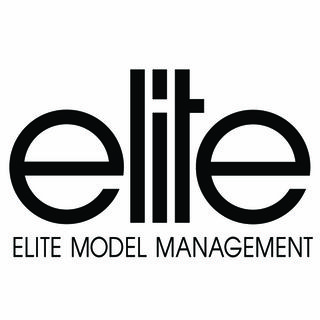In an article for Entrepreneur Magazine, Nadia Goodman talks to former diplomat, Carey Cavanaugh, and outlines 5 diplomatic tools that businesspeople should borrow when it comes to building business relationships. As a model, you’re constantly meeting new people so it’s important to make the most out of all those connections.
1. Be honest about what you can reveal.
Diplomats are known as «people who lie for their countries,» and corporations are often seen as equally deceitful. But in both cases, telling the truth is essential for success. «Truth builds a solid reputation,» Cavanaugh says. «It’s the key to establishing long-term relationships that you can rely on in a crunch.»
When secrecy is essential, with an upcoming product launch or a private personnel issue, don’t compromise honesty. «You can keep secrets and still tell the truth,» Cavanaugh says. Just be honest about what you can and cannot say.
If a question makes you uncomfortable, or you’re not sure how to answer, it’s perfectly alright to explain that. If you’re on set and the stylist asks how much you grossed last year in Tokyo, that’s a pretty personal question and you can explain that you would feel uncomfortable to disclose that sort of information.
2. Do your research.
Just as a diplomat would learn about a culture’s customs before a visit, learn as much as you can before you try to connect with a customer, peer, or potential partner. Learn what they value, how they behave, what their long-term interests are, and what they need or want.
Use that knowledge to help you craft your message or product, address specific needs, and show that you understand their values. «You’ll avoid missteps,» Cavanaugh says.
Doing the appropriate research is essential. If you’re going to Tokyo, it’ll be helpful to know why Japan is so consumed with the culture of cuteness. Researching a client is also important, as Natalia Zurowski wrote about in this TBM Op-Ed.
3. Listen more than you talk.
Diplomats and business people have a reputation for being pushy, but the best take time to listen. «Half the job is about saying what you want or need, but the other half is listening,» Cavanaugh says. «It’s as important to listen as it is to speak.»
Listening makes the other party feel valued, helps you identify their needs, and allows you to respond more creatively. «When you listen, you can often find solutions that evade others,» Cavanaugh says, making you more likely to reach your goals.
There’s a certain advantage in being a model, in that conversation often goes on around you and participation is not expected. Socializing and participating in conversation is wonderful of course, but it’s important to listen to the client, the photographer, the art director, etc. Having a moment to take in the conversation and look at it from an outside perspective can often afford you the chance to make wise observations about any misunderstandings or conflicts that arise. And it also ensures that you’re not at the centre of conflict.
4. Don’t discount the little guys.
The relationships you’re building today, even those that seem inconsequential, are worth attention and care. «Relationships that don’t seem important now will come back to you later, though you won’t know when or how,» Cavanaugh says.
A casual acquaintance may be the key to your next innovation, just as a tiny country may be the next major oil source for a diplomat. Build lasting relationships by treating others with integrity and give them your full attention when you’re with them.
That shy model at a casting may be your roommate for two months in Taiwan. That casting director for the embarrassing soup commercial may be working on a major motion picture in a few years. You never know who can help you in your career — or who’ll become your best friend.
E-005.jpg
5. Stay true to your values.
In any negotiation or business decision, choose solutions that fit your values, even if they’re not the easiest or cheapest options. «When you deviate from [your values], there’s a hard price to pay,» Cavanaugh says. «It takes a long time to get a reputation back.»
It’s easiest to lose your values when you’re getting impatient or growing rapidly, so in those moments, remember what you stand for. The more you act on consistent values, the stronger your business will be in the long run and the more your consumers will trust you.
Whether you’re desperate for a big break or you’ve just booked the cover of a major magazine, it can be all too easy to forget what’s important to you. Stay true to what you believe.







Comments 0